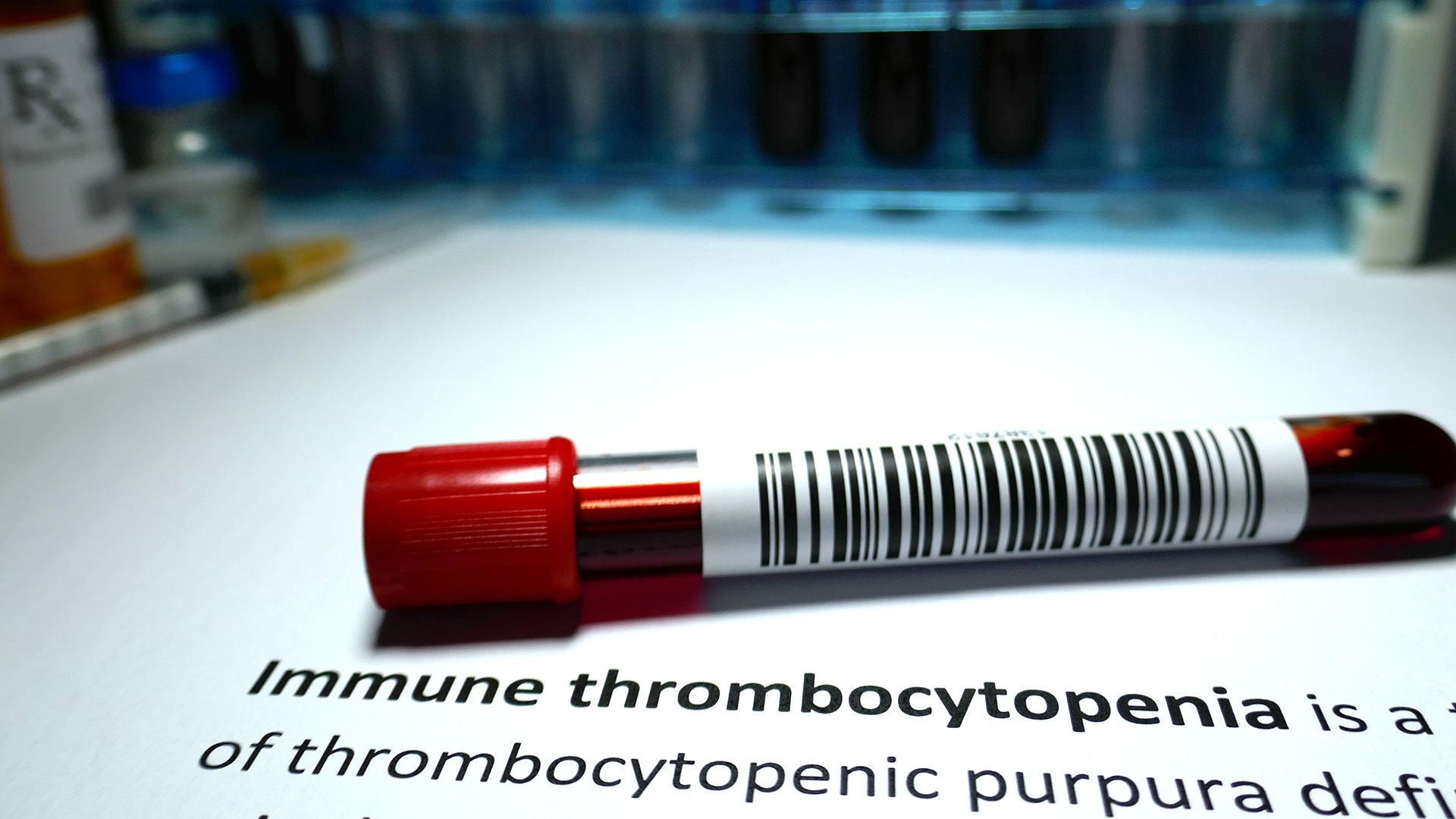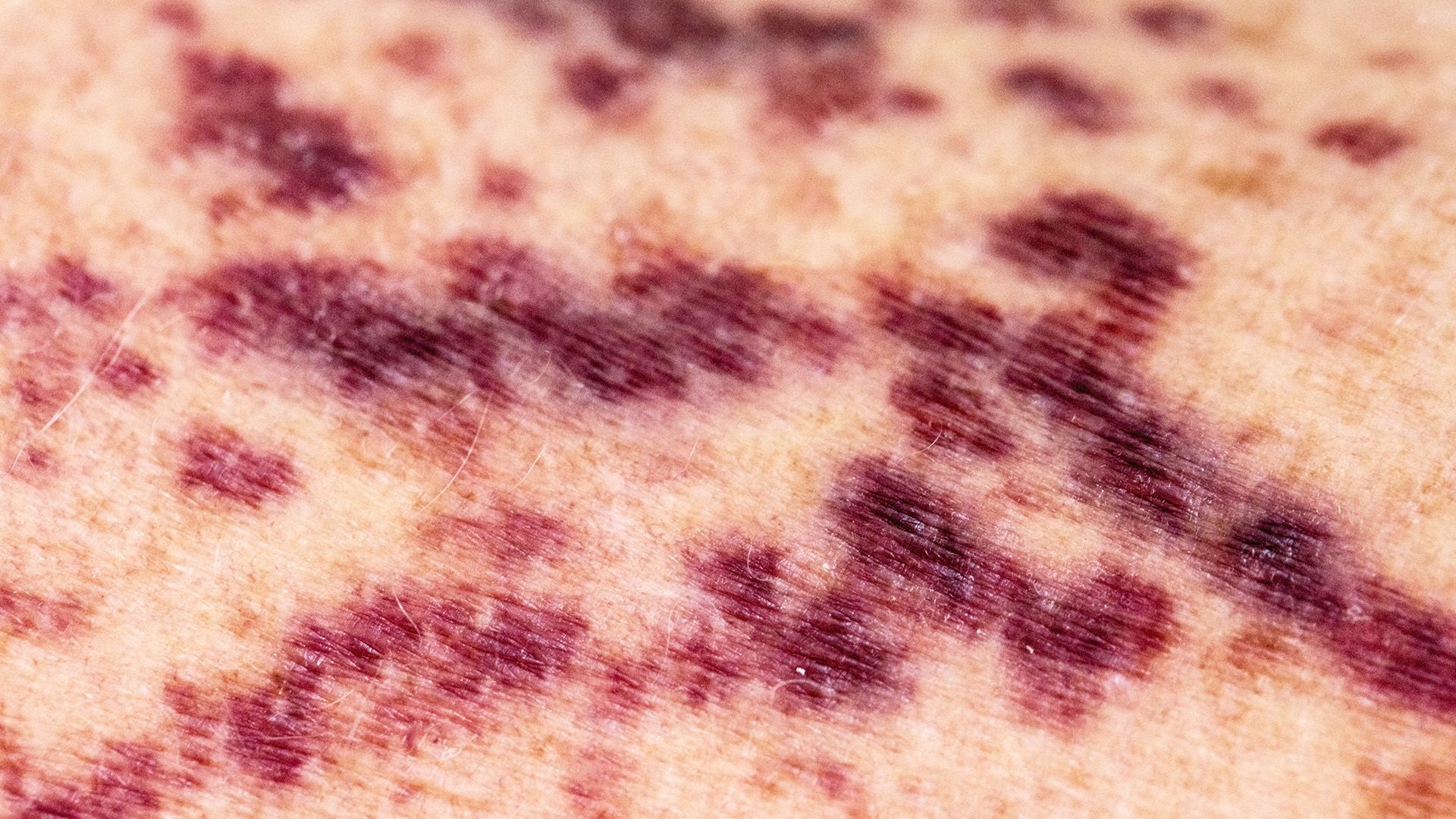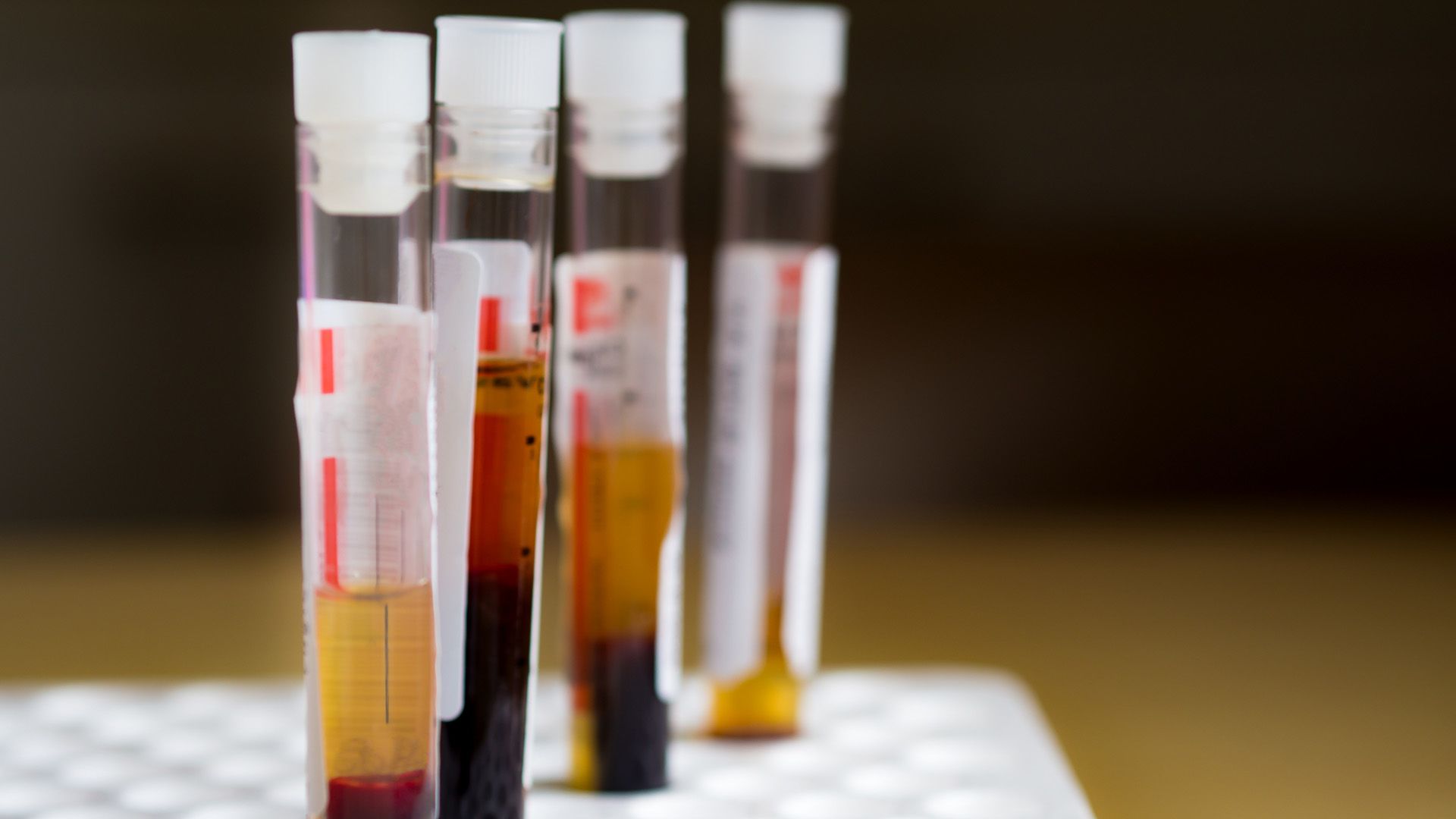If you are living with immune thrombocytopenia (ITP) or another health condition that causes low platelet counts, it is important to know when to contact your healthcare provider, and when and where to seek emergency medical care. Low platelet counts can result in a number of bleeding symptoms, and people who have low platelet counts may bleed excessively when they are injured. Here, we look at some strategies to keep yourself safe.
Know when to seek emergency care
Seek emergency medical care if you have a major injury, bleeding that does not stop after applying pressure for 10 to 15 minutes, or symptoms that are severe—such as lightheadedness, confusion, and changes in your level of consciousness.
Contact your healthcare provider if you experience any new symptom or any worsening of existing symptoms. Bleeding symptoms can include:
- Bleeding in the mouth or gums.
- Nosebleeds.
- Bruising.
- Red and purple spots on the skin, which are a sign of leaking blood vessels.
- Bowel movements that are black and tarry, or bloody.
- Blood in urine (can be brown or red in color).
- Coughing up blood.
- Menstrual flow that is heavy or lasts a long time, or vaginal spotting.
- Headaches or lightheadedness.
- Vision changes, such as vision becoming blurred, or seeing double.
- Abdominal pain.
- Vomiting blood.
- Fever, chills, and shaking, which can be a sign of infection.
Use your judgment. If you feel something is wrong, or feel that a symptom could signal something serious, contact emergency medical care.
Know where to go
Know where to go in an emergency. This includes the address of your local hospital, as well as the location and hours of your local urgent care center and hematology clinic (which may not be open 24 hours a day like an emergency room).
Have a first aid kit available
When a person has a low platelet count for any reason, even a minor cut or scrape can bleed for a long period of time. It helps to have first aid kit on hand. Your kit should include surgical gloves, antiseptic wipes to clean the wound, antibiotic gel, medical tape, instant ice packs, sterile gauze pads, gauze roller bandage, compression bandages, and adhesive bandages.
Basic first aid for a minor cut or injury applies to people with ITP:
- Wash your hands, and wear medical gloves to help prevent infection.
- Stop the bleeding by applying pressure with a clean bandage or a compression bandage, elevating the wound, and applying an ice pack.
- Clean the injured area with antiseptic, or rinse with water and wash around the wound with soap.
- Apply an antibiotic gel.
- Cover the wound with a bandage.
An ice pack can also help slow or stop bleeding, because capillaries shrink when cold. Wrap ice or an ice pack in a clean, dry cloth and apply it to the injured area. For a nosebleed, apply the ice pack and pressure to the bridge of the nose.
Wear medical alert ID
It is important that anyone providing you with emergency medical care knows about your condition and the risk of severe bleeding. Patients are advised to wear a medical alert ID in case they are unable to communicate verbally during an emergency. It is also advisable to contact your local hospital or medical center to alert them that you have ITP, so they have the information on file in case you are brought in for emergency medical treatment. If you’re participating in a group sport or activity, make sure that your instructor, coach, and teammates know about your condition and what to do in an emergency.
Reduce your risk
Avoiding injuries and medical emergencies in the first place is perhaps the best way to protect yourself. People who have ITP or another condition that causes low platelet counts are advised to avoid contact sports or activities that come with a high risk of falls or injury, such as mountain biking or skateboarding.
Alcohol should be avoided—it interferes with platelet function, and being under the influence increases your risk of being injured. Limited alcohol consumption may be okay (unless alcohol abuse is a contributing factor to low platelets), but anyone with ITP should talk to their healthcare provider first, as every case is different. Do not take any over-the-counter medicines (including supplements and vitamins) without getting approval from your healthcare provider. Many OTC medications, including aspirin and NSAIDs, can affect platelet function, and others many interfere with ITP therapies.





